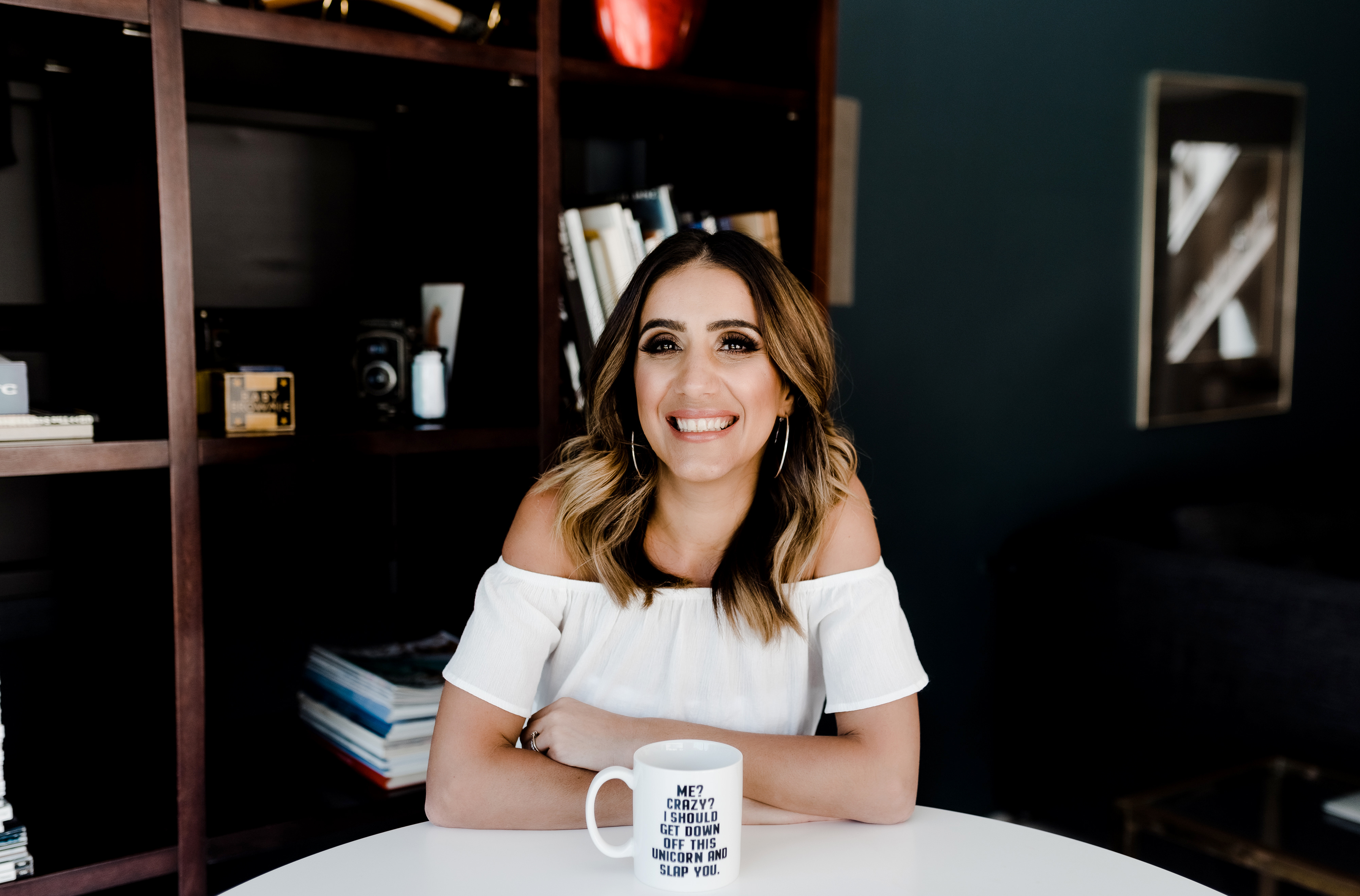As our lives dramatically change again and we are let loose back into the wild world, this may bring a new set of challenges or worries around lockdown easing.
We have all been adapting to a whole new way of life over the last year and going back to how things were might not be what you truly want. It will also bring up some thoughts that could make you feel fear, anger, or anxiety.
Perhaps fear of catching Covid-19 as people integrate again or the anxiety of returning to social situations? Maybe it is returning to an office when you have been working from home?
Stress is caused by thinking a certain way and those thoughts creating negative feelings in our bodies. A drip feed of cortisol, the stress hormone, can lead to many health problems so managing stress is incredibly important.
Here are a few things that I would love you to think about that can help you manage any kind of stress that you may be feeling as lockdown restrictions are lifted:
Awareness
Become aware of how things make you feel and notice what thoughts are creating those feelings.
While we can use our feelings as a helpful guide, it's important to remind ourselves that we need to take them with a pinch of salt - our feelings happen because of automatic, often habitual thought processes. To make changes, it's very important that we notice how we engage with the triggers and negative stories we may be telling ourselves that cause stress to become heightened. Awareness is the first step to any change.
If you start feeling any sort of stress as you leave lockdown, take a moment to be quiet and really ask yourself; what has triggered me to feel stress? What are the stories you are telling yourself? This will help you understand the core beliefs you hold around the situation.
Write down the negative thoughts that come up because the next step is to challenge those.
Challenge
We have every single power in our body to choose new thoughts and therefore create a positive feedback loop between our thoughts, our feelings, and our body.
By taking control of our thoughts, we can change the way we feel in our body and mitigate the stress hormone being released, which can make us feel ill. Think about the negative thoughts that you have become aware of - how real are they?
Ask yourself a very important question: is this thought 100% true? Does it make sense for me to be thinking this way?
We tend to exaggerate and catastrophize situations which leaves us feeling helpless and hopeless to change, which then induces more stress. By using these awareness checks and challenging the trigger, we can see that the thought is not 100% true, which means it is false. When we realise that we lead our lives based on false beliefs, we can then see an opportunity to change.
Choose a new story
We learn through repetition and consistently choosing to adopt a new thought in any given moment takes discipline, but the more you do it, the more new neural pathways are created.
Catch yourself when you are thinking negative thoughts and replace with an empowering thought and affirm those out loud to help the process of reprogramming to work even better.
Create positive changes
Given that all our lives have changed, it is time to focus on the positive things that you have changed over the last year, and how you can make positive transformation to bring these changes with you as we move forward. Perhaps having a conversation with your employer about working from home more often? Is it about making an effort to see friends when we have been separated under lockdown?
Think about all the things you learned about yourself and the things that you would like to see change and start to make steps to change those. If anything, this lockdown has shown that we can all adapt in an emergency and we should be proud of the level of resilience we have shown.
If changes need to be made to accommodate you having a better life moving forward, then do not fear putting those into action.
In addition to the above tips, I think it is crucial that you trust your own gut feelings and boundaries. While some people will want to take every opportunity to get out, others feel hesitant or reluctant about socialising - saying no is completely your right.
Lockdown has meant for many people that there is no pressure of having to say 'yes' to things that you may not want to do. While it is good to gradually ease into seeing friends and loved ones once more when restrictions are lifted, don't feel you have to commit to everything, all in one go. Instead of getting stressed out about saying yes to everything, empower yourself to make the most of life by saying no to things now. It can be helpful to remember that it's up to you what your transition from lockdown looks like and whether you make permanent changes to how you do things in life moving forward!
Noor Hibbert is a qualified life and business coach, creator of the podcast 'Think It, Get It' and author of bestselling Just F*cking Do It JFDI .


